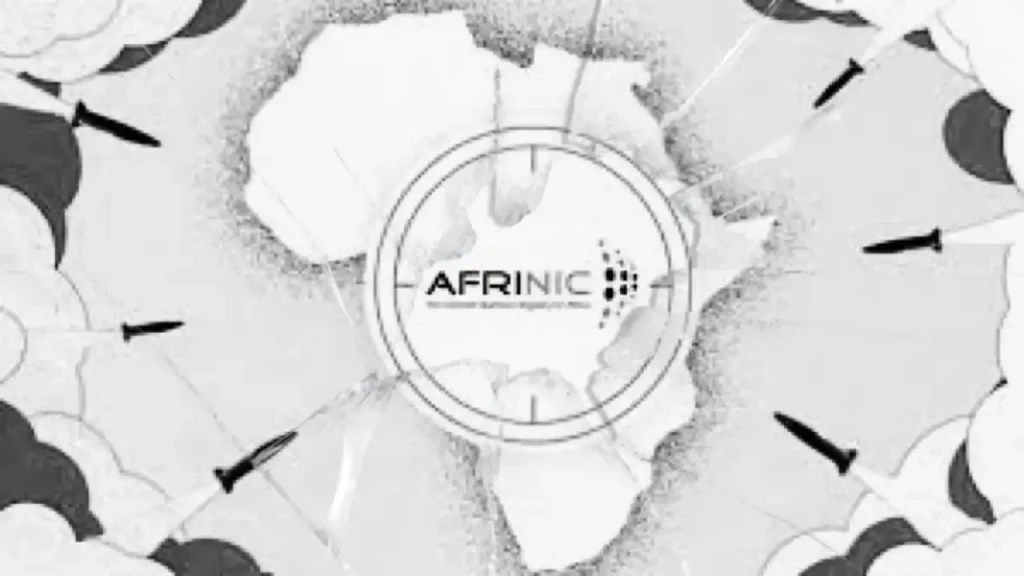- Losing AFRINIC would stall IP allocations and inflate costs for ISPs, threatening service expansion.
- Without regional leadership, broadband rollout, digital inclusion and trust in African internet governance would suffer.
A registry collapse brings tangible consequences
AFRINIC has come under receivership since 2023, leaving its board dissolved and operations in limbo. This has stalled IP address allocations across Africa since November 2024, delaying ISP expansion into underserved areas. Without the ability to issue or reassign IP addresses, service providers struggle to plan infrastructure projects, particularly in rural and new-growth markets.
Also read: ICANN wants to take AFRINIC out of Africa
Also read: ICP-2 to the rescue? What happens if AFRINIC dissolves
Rising costs and constrained growth
With AFRINIC unable to fulfil timely allocations, many ISPs are forced into the secondary IPv4 market, where blocks command premium pricing—usually in US dollars. This extra cost is inevitably passed on to consumers and slows down infrastructure investments. Broadband and mobile networks risk delaying expansions into underserved regions due to budget constraints.
Security vulnerabilities escalate
Africa’s poor adoption of RPKI—only about 30 % of address space is protected—has increased vulnerability to route hijacks. Incidents in Nigeria and Cameroon have already exposed major weaknesses. Without a functioning AFRINIC to support routing security, the risk to national digital infrastructures grows significantly.
Trust erosion and governance vacuum
AFRINIC’s prolonged governance crisis has eroded confidence among ISPs, civic groups, and regulators. Its inability to carry out elections or respond to policy breaches undermines public trust in multistakeholder internet governance across Africa. This governance vacuum raises concerns about Africa ceding control of IP address management to external bodies, such as ICANN or another RIR, risking decisions that may not align with local needs.
Disruption to digital transformation agenda
Stable IP management is foundational for digital services such as e‑government, health platforms, education networks, and banking infrastructure. AFRINIC’s collapse would disrupt connectivity, threaten service uptime, and stall digital transformation projects across the continent.
Regional sovereignty at stake
Smart Africa and other pan‑African organisations have warned that the AFRINIC crisis places Africa’s digital sovereignty in jeopardy. Loss of local control over IP resources could mean loss of influence in internet governance forums, policy spaces, and tech evolution decisions.

